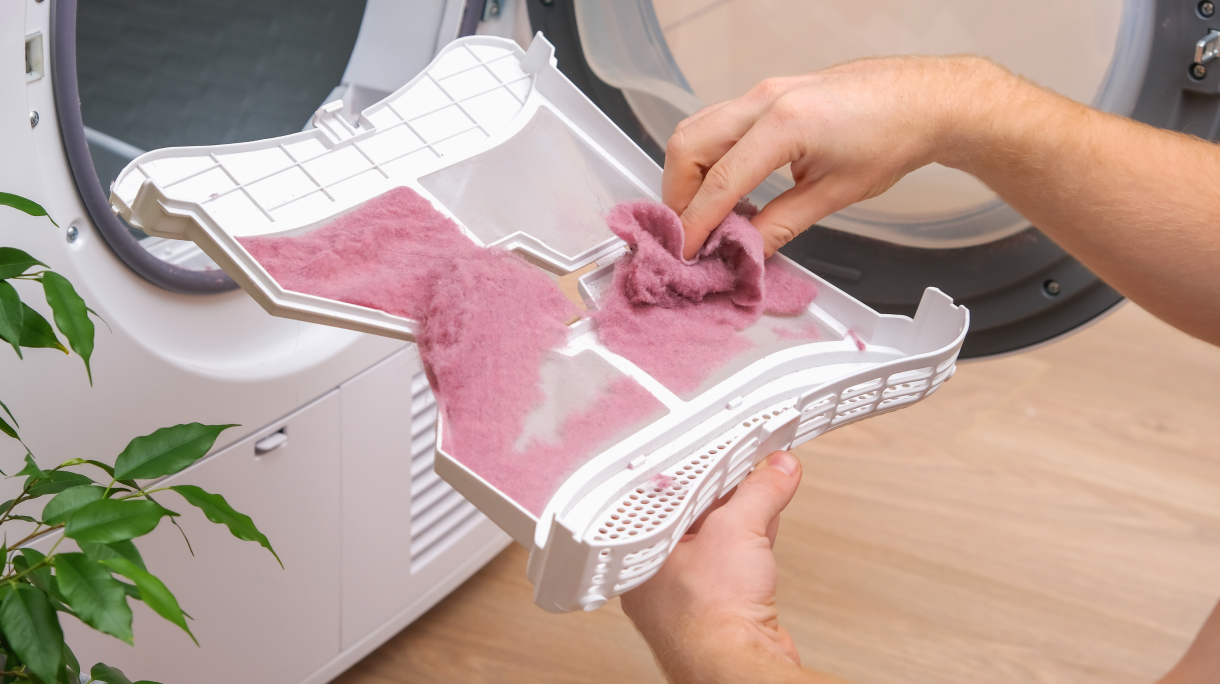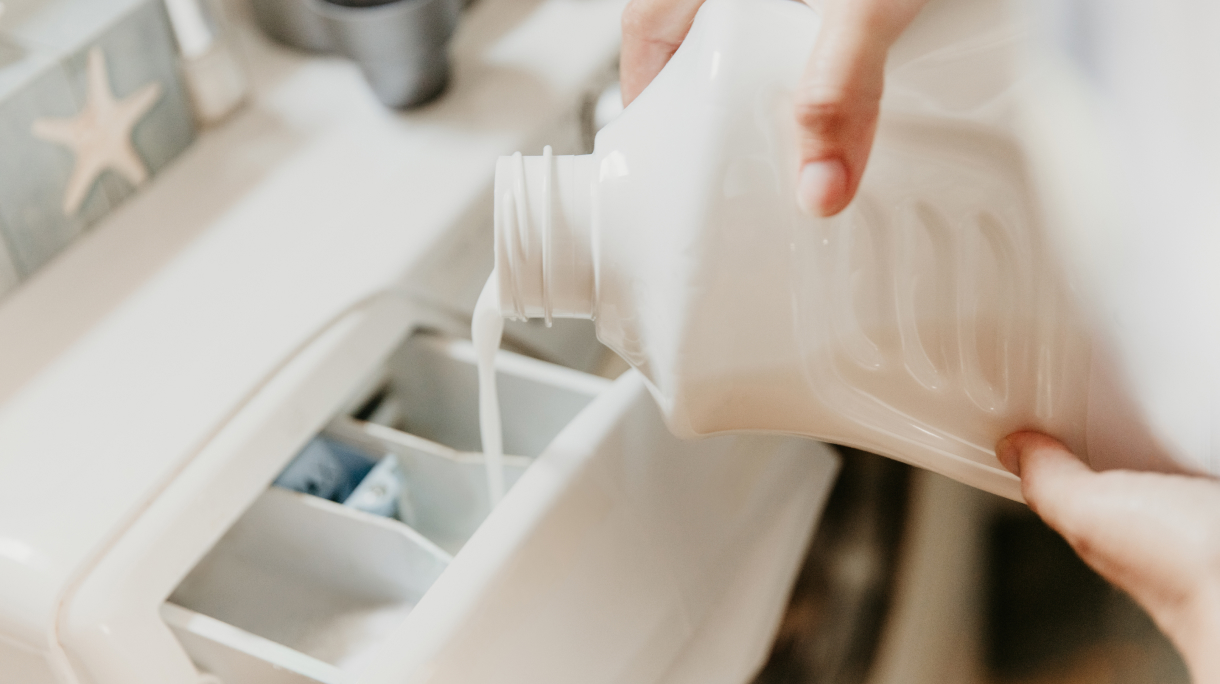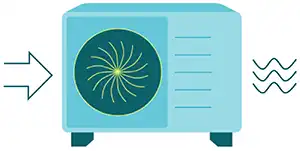Ways to Save When Washing Your Clothes
There’s no getting away from rising energy bills. According to the Energy Saving Trust, the average standard electricity rate in the UK is 22.4 pence. Based on British households, we run about 250 loads per year – which equates to around £44 in electricity alone.
Of course, there are multiple factors at play when it comes to the cost of washing your clothes. These include:
- The energy efficiency rating of your washing machine
- The time you run the cycle (off-peak is cheaper)
- The length and intensity of the cycle
- The price of water and electricity
- The laundry detergent
- The size of the load.
How to save money when you wash clothes
So, how exactly can you reduce the amount of energy you use? Combat the cost of living with these energy saving tips.
Maintain and upgrade when necessary
Like most appliances, washing machines come with an energy efficiency rating. You’ll recognise this as a sticker with a multi-coloured scale, rated from A to G. Rating A is the most energy-efficient, coloured green, while the red G is the least.
The label measures energy per 100 washes, based on Eco 40-60 settings. It also features water consumption and noise emission stats. Upgrading your washing machine could save you up to £420 a year if you’re going from G to A. With most washer tumble dryers hovering around the £400 mark, this is a worthy investment.
If yours is already energy-efficient, you can also look at maintenance. Keep an eye on hoses for bulges, kinks and cracks. You should also regularly clear build up from the lint filter and clean the drum on an empty wash cycle.
Choose your cycles carefully
One of the best top tips for reducing your laundry costs is to avoid peak hours. Every energy tariff is different, but as a rule, anywhere between 11pm and 6am will cost up to 50% less on your electricity bill.
In terms of cycles, it may be tempting to run a quick wash. While quicker washes need less water, they actually use more energy due to faster spin cycles. Instead, choose a cold water cycle for up to 80% more efficiency. A lot of energy consumption comes from heating, so choose a lower temperature.
Finally, think about how you dry clothes. Line dry in warmer weather or use a drying rack indoors to air dry. This can add up to £50 per year in electricity bill savings.

Use liquid detergent
Many detergents claim to be effective, even when not used in hot water. The most efficient detergents are often liquid because they dissolve more easily in cool water. However, this depends on the hardness (mineral content).
It’s best to use liquid detergents in high-efficiency machines. These detergents create more suds and may lift dirt more easily, ideal for gentle cycles. Using fabric softener may help your clothes dry faster if you do need a tumble dryer.
For stubborn stains, try pre-treating your clothes with stain remover. You can then wash them on the same low intensity as you would less dirty clothes.

Wash a full load of laundry where possible
It’s always better to do fewer cycles with a full load. Look at your washing machine capacity to make sure you’re not overloading, as this may impact water absorption and stop your detergent from dissolving. If you must do a smaller wash, see if your machine has a half load cycle. These use less water, but the optimal wash will be full.
To avoid overloading, try the ‘palm test’. You should be able to fit the full palm of your hand into the load amongst the clothes. If it’s packed too tightly, it will not fit and you could risk damaging your washer.

Review your energy tariffs
One of the best laundry tips is to look at the price of all your utility bills. As energy providers battle it out to stay competitive in a cost of living crisis, you may find a better deal elsewhere.
Smart plugs, meanwhile, keep an eye on ‘vampire energy’. This refers to the cost of appliances that have their plugs turned on while not in use. Turning off plugs can save up to £65 per year in the average household. Just remember to be sensible – washer dryers are fine; fridge freezers are not!
Don’t forget to take advantage of technology, too. Smart meters can help you keep tabs on your consumption and save energy when you don’t need it. A regular Certas Energy customer? Our FoxRadar heating oil monitor can help you keep on top of oil consumption through a handy smartphone app!

Read our blogs to save energy and keep your bills down
Washing your clothes more efficiently is just one way to save money in the home. At Certas Energy, we’ve got hundreds of tips to make your home more sustainable, from cooking to heating. Discover more off-grid living tips with our online resources here.




